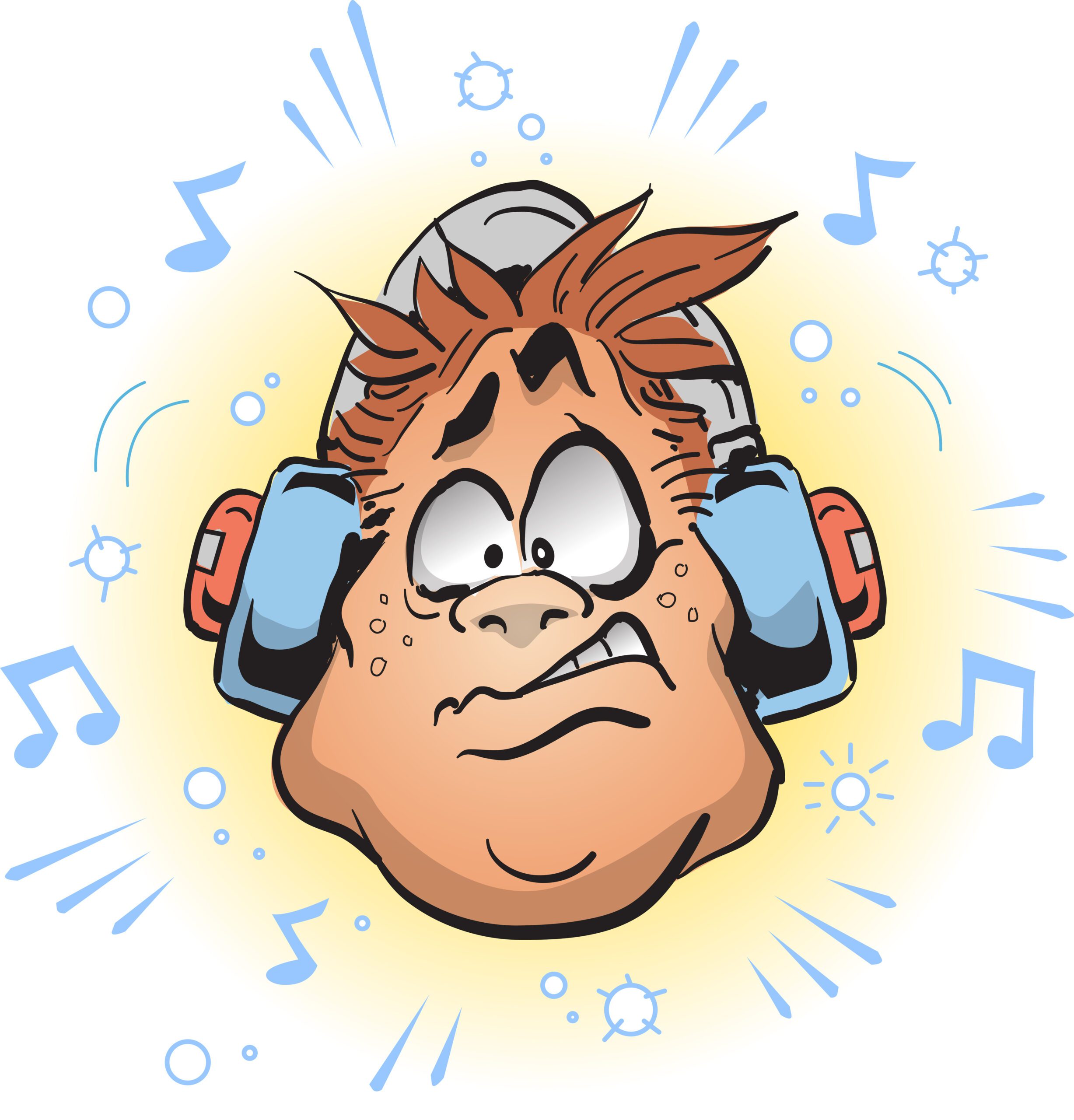
The crunchy-munchy sound of your co-worker eating potato chips. Your partner taking a large bite out of a crisp apple. Anyone engaged in gum-smacking. These examples are enough to drive most of us a little (ok, a LOT) nuts. But for some individuals, these sounds are more than an annoyance. For them, the noise is unbearable and can cause extreme rage or even a flight response.
Hatred of sound.
People affected by sound in this manner have a condition called misophonia, which literally means “hatred of sound.” It occurs when an ordinary noise such as loud chewing, a dripping noise, or throat clearing, causes one to become anxious and much more upset than someone would typically feel. Misophonia is sometimes referred to as Selective Sound Sensitivity Syndrome (4S) or hyperacusis.
Though the exact cause is unknown, it may be due to neurological causes, psychological causes or a combination of the two. Since some people diagnosed with 4S also have obsessive compulsive disorder (OCD), there may be a psychiatric element involved. However, not everyone with the condition has OCD, so it isn’t purely psychological. The cause is likely not a hearing disorder either, but the way the brain processes sound information. Instead of processing certain noise as “normal” sounds, the brain processes the sounds with greater intensity and believes the sound to be a “danger” sound rather than a harmless one.
The condition occurs late in childhood and can worsen as people age. More and more sounds can become triggers. Oddly enough, it’s not the loudness of sound, but the softer and more repetitive common noises that drive people up the wall.
Unfortunately, little research has been conducted on misophonia, and some doctors aren’t familiar with it at all.
Dr. Marsha Johnson of the Oregon Tinnitus and Hypercusis Treatment Clinic states, “What they experience is kind of a ‘Mount St. Helens’ eruption of emotions and feelings associated with these sounds.” Dr. Aage R. Moller, a University of Texas at Dallas neuroscientist, says there is no known cure for misophonia.
Managing misophonia.
People with the condition learn coping strategies such as drowning out the trigger sound with white noise or wearing ear plugs. Other options are hypnotherapy and cognitive behavioral therapy.
For those suffering with the disorder, the relief they feel when they learn they’re not “crazy” – that what they’re dealing with has a name – can be overwhelming. Everyday sounds of chewing, swallowing, yawning, high heels clicking, silverware clanking, you name it, have sent them running for cover so they wouldn’t fly into a rage for far too long. Even though there is no cure, just knowing they’re not alone provides some comfort.
Since misophonia can affect relationships, many people with the condition reach out to support communities such as online forums. In romantic relationships, things can go downhill quickly as the person with 4S starts to notice (and be affected by) his or her partner’s noises more and more. Learning coping skills could make relationships – and life – much more pleasurable.

A new study suggests that a widely used sugar substitute found in diet sodas, chewing gum, and low-sugar yogurt may elevate insulin levels. This could increase the long-term risk of heart disease. “Artificial sweeteners have infiltrated nearly all types of food, making it crucial to understand their long-term health effects,” said Yihai Cao, senior author […]

Diet Coke has long been a fan-favorite among soda lovers who want a fizzy, guilt-free alternative to traditional soft drinks. While its zero-calorie, zero-sugar label makes it seem like a healthier option, the reality is far more concerning. Despite its undeniable popularity, Diet Coke’s nutritional profile has raised red flags among health experts for years. […]

New study shows that embracing an anti-inflammatory, plant-forward diet can support cognitive function and help reduce the risk of dementia. What You Eat Shapes Your Brain The food you eat doesn’t just impact your body—it also affects your brain. Research suggests that eating an anti-inflammatory, plant-based diet can help improve memory, focus, and overall brain […]